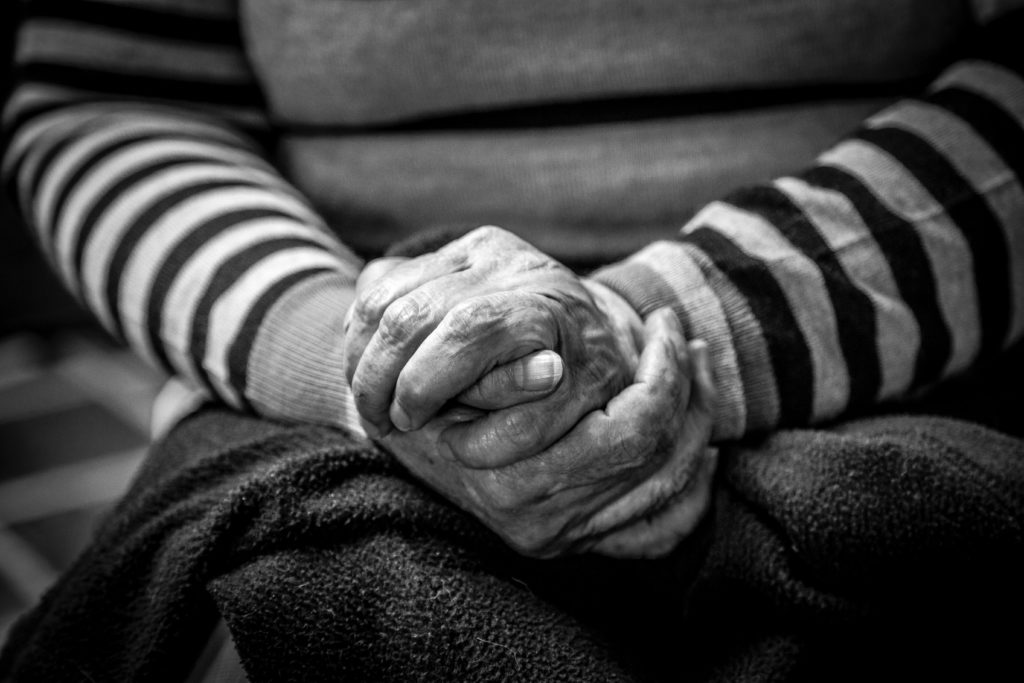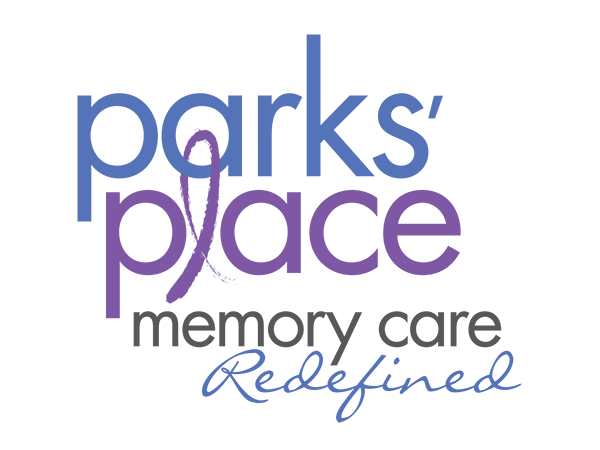Being a caregiver for a person with dementia is a more than a full time job, its 7 days a week, 365 days a year, and often 24 hours a day. Your duties as a caregiver are constant throughout the day from daily hygiene, meal and medication preparation, transportation, and managing the medical appointments of the person with dementia. Often, you have no time or energy left for yourself.
So who is taking care of you? To be able to pour from your cup, you must first fill your cup. Neglecting your own needs can affect your health and wellbeing, and therefore affect your ability to care for your loved one with dementia.
The Minnesota Senior Linkage Line offers the following Caregiver’s Bill of Rights
- Take care of myself. This is not an act of selfishness. It will give me the capability of taking better care of another.
- Seek help from others, even if the person I care for objects. I recognize the limits of my own endurance and strength.
- Maintain facets of my own life that do not include the person I care for, just as I would if they were healthy. I try to do everything that I reasonably can for this person, and I have the right to do some things just for myself.
- Get angry, be depressed, and express other difficult feelings occasionally.
- Reject any attempts by the person I care for (either conscious or unconscious) to manipulate me through guilt and/or depression.
- Receive consideration, affection, forgiveness, and acceptance for what I do from my family, for as long as I offer these qualities in return.
- Take pride in what I am accomplishing and to applaud the courage it has sometimes taken to meet the needs of the person I care for.
- Protect my individuality and my right to make a life for myself that will sustain me in the time when the person I care for no longer needs my full-time help.
- Expect and demand that as new strides are made in finding resources to aid physically and mentally impaired persons in our country, similar strides will be made towards aiding and supporting family caregivers.
Source: Minnesota Senior Linkage Line

Your Network of Support
Caring for someone with dementia can often feel lonely and draining. You may have feelings of anger, fear, sadness, fatigue, and love all at the same time. Building a support network for yourself is a safe place to share your feelings, lean on others, and walk alongside others who are on the same journey as your. Most communities have a variety of support groups. You can check out the Alzheimer’s Association, the Minnesota-North Dakota Chapter of the Alzheimer’s Association, local churches, or the social service department of a local hospital. Also, word-of-mouth is a great way to find a support group as well.
Asking for Help
Asking for help is difficult, but important. Being human means that we all have limits on what we can do. Asking for help when you are reaching your limits is the best way to continue caring for your loved one. The Family Caregiver Alliance has an excellent Self-Care guide for Family Caregivers. Additional resources are listed below:
Parks’ Place Memory Care is a privately owned assisted living home, specialized and specifically designed for those with Alzheimer’s and other dementias. Our home is for people of any stage of dementia so they are able to age-in-place in their home. For tours, general information, or admission inquiry, please contact Kaitlin Kelly at 763-710-8484.


